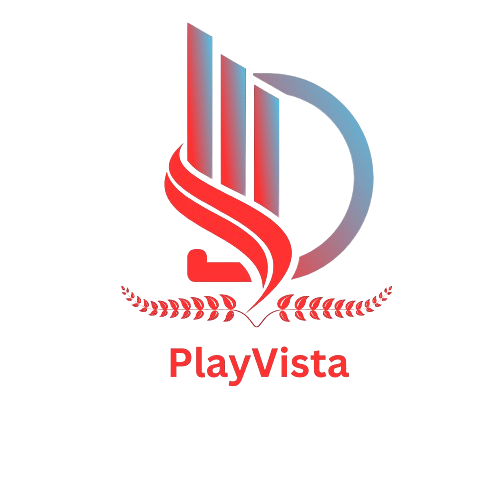Introduction:
In the dynamic world of hospitality and entertainment, obtaining an alcohol license is a pivotal step for businesses aiming to add a touch of spirit to their offerings. Whether you’re running a bar, restaurant, or event venue, understanding the ins and outs of alcohol licenses is crucial for a smooth and lawful operation.
Diverse Types of Alcohol Licenses:
On-Premises License:
Allows businesses to sell and serve alcoholic beverages on the premises.
Commonly acquired by bars, restaurants, and clubs.
Off-Premises License:
Permits the sale of packaged alcohol for consumption off the premises.
Typically obtained by liquor stores, convenience stores, and grocery stores.
Special Event License:
Temporary license for events where alcohol will be served.
Often used for festivals, weddings, and other special occasions.
Brewpub License:
Enables the on-site brewing and sale of beer.
Ideal for establishments that want to combine brewing with a hospitality experience.
Application Process:
Securing an alcohol license involves a series of steps that vary depending on the type of license and local regulations:
Research and Planning:
Understand the specific regulations and requirements in your jurisdiction.
Develop a comprehensive business plan, including details about your concept and target audience.
Location Approval:
Ensure your chosen location complies with zoning regulations for alcohol sales.
Obtain necessary approvals from local authorities.
Application Submission:
Submit a detailed application to the appropriate licensing authority.
Include information about your business, ownership, and the type of alcohol license you are seeking.
Public Notice:
Some jurisdictions require public notice of your intent to obtain an alcohol license.
This may involve posting notices at the business location or publishing in local newspapers.
Inspections and Interviews:
Be prepared for inspections and interviews as part of the application process.
Regulatory authorities may assess the suitability of your business for alcohol sales.
Waiting Period:
Anticipate a waiting period alcohol license ny during which your application will be reviewed and processed.
Compliance and Responsibility:
Once the alcohol license is granted, maintaining compliance is paramount:
Adherence to Operating Hours:
Ensure your business operates within the stipulated hours as per the license.
Responsible Service:
Train staff to responsibly serve alcohol and comply with age verification protocols.
Renewal and Fees:
Keep track of license renewal dates and pay fees on time to avoid lapses.
Record-Keeping:
Maintain accurate records of alcohol purchases, sales, and inventory.
Conclusion:
Obtaining an alcohol license is not just a legal requirement; it’s a key to unlocking the potential for success in the hospitality industry. By navigating the application process with diligence, understanding local regulations, and maintaining compliance, businesses can ensure a thriving and responsible venture. Here’s to raising a glass to the exciting journey of providing memorable experiences through the responsible sale and service of alcoholic beverages! Cheers!
